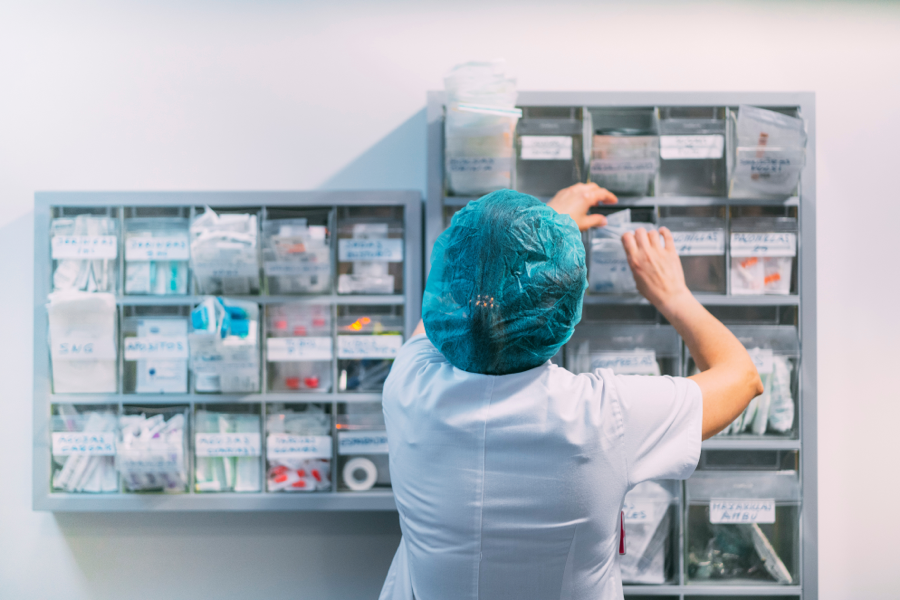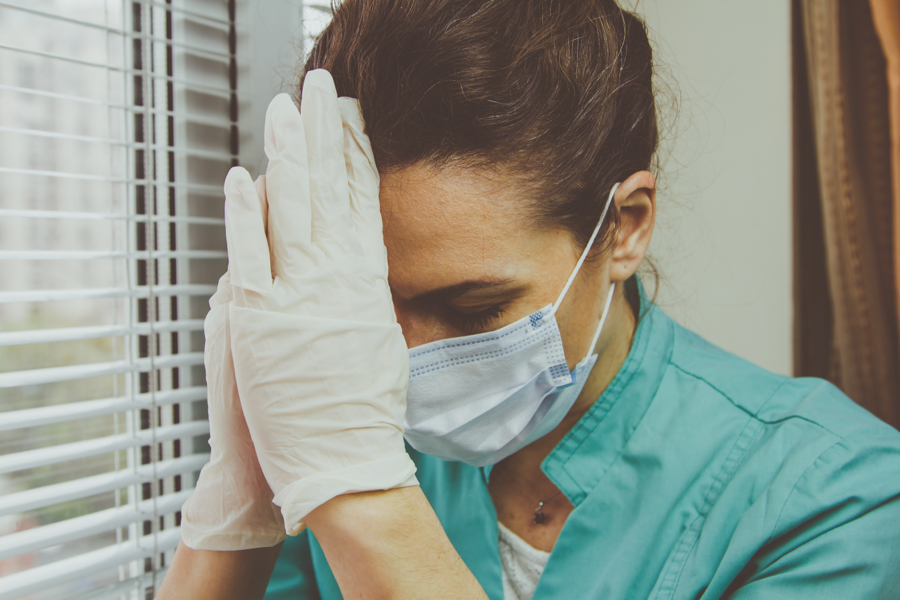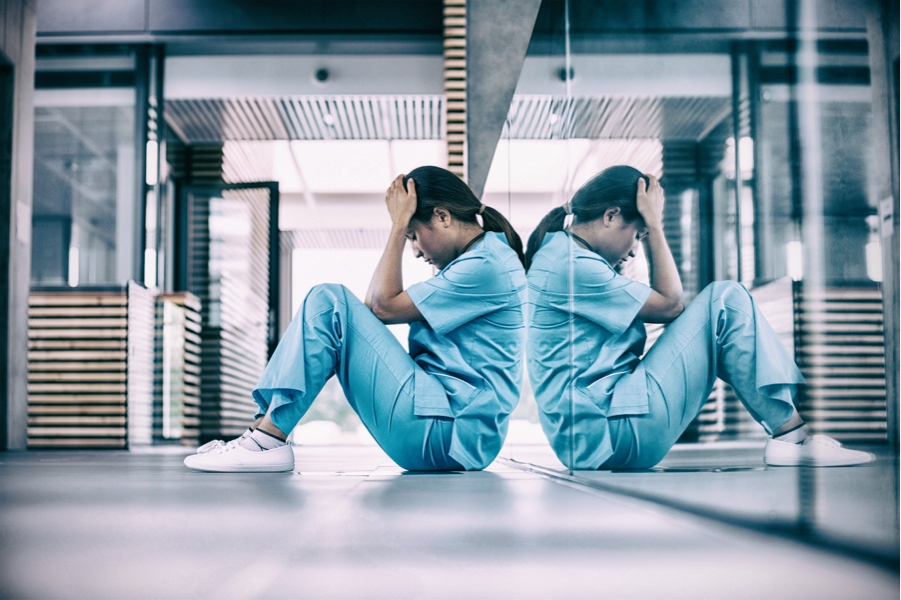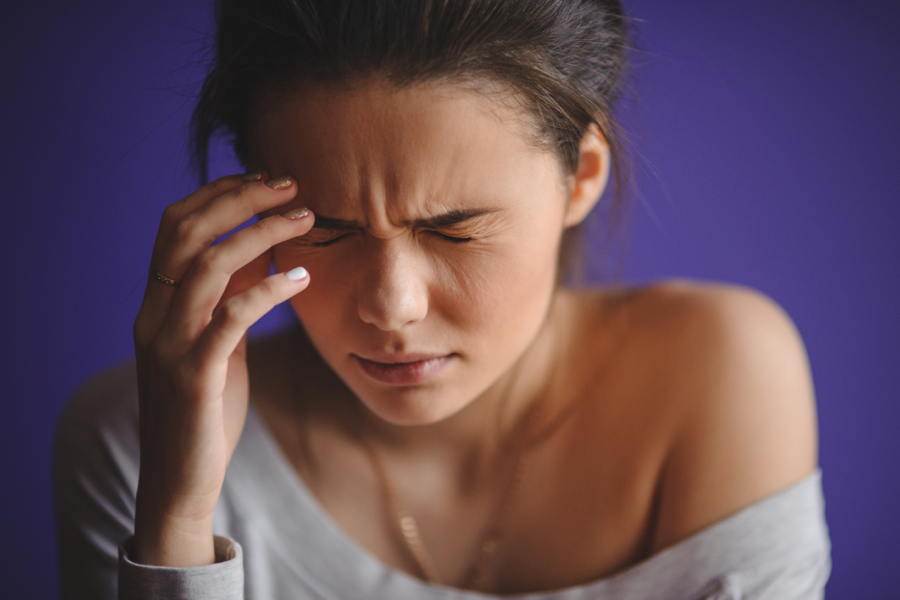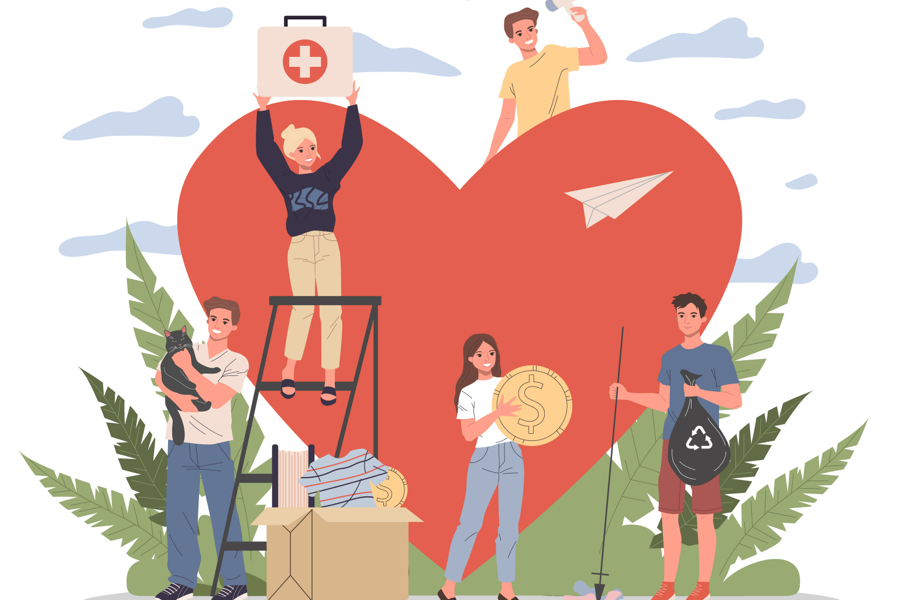
HEALTH & WELLNESS
The Impact of Sleep on Your Patients & You
-
 EveryNurse Staff
EveryNurse Staff
- Last Updated: 06/07/2019
As healthcare workers who spend their days around the general public, nurses must keep abreast of any outbreaks of contagious diseases in their communities. So, when flu season rolls around every year, it’s likely that you are not only aware of it but have already made plans to do your part in helping to prevent the spread of the disease. Depending on your location, you may be required to get a flu shot each year to protect yourself and your patients, family, friends, and colleagues. Additionally, you probably routinely advise your patients to get their flu shots.
But what if you learned that something seemingly innocuous — and extremely common — can cause both your and your patient’s immune systems to respond poorly to flu vaccinations, effectively rendering the drug more than 50 percent less effective?
Lack of Sleep Puts Health at Risk
The common “something” we’re talking about is insufficient sleep.
A 2002 study cited by sleep expert and neuroscientist Dr. Matthew Walker in his seminal book, Why We Sleep, demonstrated that a profound effect occurred in individuals allowed to sleep only four hours a night for six nights. Meanwhile, healthy individuals acting as “controls” in the study, who were allowed to sleep a full 7 ½ to 8 ½ hours a night, developed a strong antibody response to the vaccine, indicating a healthy, strong immune system.
The Centers for Disease Control and Prevention (CDC) estimated that at least 80,000 people died from the flu in 2017. How many of these people might have lived if they had only slept better?
Five Other Effects of Sleep Deprivation
The flu vaccine, when working properly, has the potential to save thousands of at-risk lives, including the lives of the very young and the very old. Unfortunately, impairing the vaccine’s effectiveness is not the only effect that poor sleep has on the human body (and brain).
Check out these other harmful effects of sleep deprivation, which is defined as any deviation from the recommended seven to eight hours of uninterrupted, restful sleep every night:
1. Increased Risk for Cancer
Routinely sleeping for fewer than six hours per night is associated with a 40 percent increased risk of developing many types of cancer. Why? In addition to impairing your immune system, insufficient sleep also can lead to overstimulation of the so-called “fight-or-flight” portions of the sympathetic nervous system, which can lead to chronic inflammation. And cancer embraces inflammation. The World Health Organization recognizes shift work (a poster child for poor sleep and common to the nursing profession) as a “probable carcinogen.”
2. Increased Risk for Heart Disease
Heart disease, the leading cause of death in the United States, is defined by several key features: high blood pressure, atherosclerotic and plaque-filled blood vessels, stroke, heart attacks, etc. All of these are associated with poor sleep. People who are 45 years old or older who sleep fewer than six hours per night are 200 percent more likely to have a heart attack or stroke, as compared to those who routinely sleep seven to eight hours. Lack of sleep also has been demonstrated to lower the levels of “healthy” HDL cholesterol by disrupting the expression of genes that normally regulate the function of a healthy heart.
3. Increased Risk for Depression, Alzheimer’s Disease, Dementia, and Other Cognitive Issues
Processes that normally occur during sleep protect your brain against amyloid plaque buildup in your brain, which is a key component of Alzheimer’s disease. A lifetime of too little sleep dramatically increases your risk of contracting this illness, which currently affects about one out of 10 people over the age of 65.
4. Increased Risk for Diabetes and Obesity
Chronic sleep deprivation has been recognized as a major risk factor for type 2 diabetes. Plus, research shows that sleep deprivation lowers the level of the satiety hormone leptin, which helps cause the experience of feeling full. Simultaneously, lack of sleep increases the level of the hunger hormone ghrelin, which causes feelings of hunger, both of which help explain why people who sleep less often eat more and experience food cravings to a greater degree than the control subjects in the study. Poor sleep also triggers a craving for higher-calorie junk food and decreases feelings of food satisfaction or satiation. These two factors combine to make chronically sleep-deprived people more likely to gain weight and become overweight, both of which are also closely associated with diabetes.
5. Accelerated Aging
The caps at the end of each strand of your DNA that protect your chromosomes, called telomeres, work like the plastic end caps of your shoelaces, keeping them from fraying and breaking down. When your telomeres begin to shorten, experts consider it a classic sign of aging. Research has revealed that the less a person sleeps, the shorter and more damaged are the telomeres. This helps explain why a person’s biological age (how “old” their cells and DNA appear) can be much older than the individual’s actual chronological age.
This list isn’t all-inclusive. Other health consequences — including impaired learning, increased subjective pain, decreased drug effectiveness, drowsy driving, and reproductive dysfunction (for both men and women) — exist.
Also, remember that these negative effects aren’t true just for you. They’re true for your patients, your children, and your friends and family members, too. The cost of sleep deprivation has been estimated in the billions of dollars per year, which doesn’t include the social or emotional price of witnessing ourselves and our loved ones becoming ill from largely preventable causes.
5 Simple Tips for Getting a Better Night’s Sleep — TONIGHT
It’s no longer trendy to get only five hours of sleep every night. Good quality sleep can and will literally improve your life span and your ability to enjoy life.
Are you wondering how to start sleeping better? Here are five simple strategies shared by experts, including Dr. Walker and the National Institute on Aging:
1. Pencil It In!
2. Sleep in a Cool, Darkened Room
By cool, experts mean around 65 degrees Fahrenheit (18 degrees C). “Dark” means, ideally, so dark you can’t see your hand in front of your face. Remove artificial light sources, install blackout curtains, and take the nightlights out of your bedrooms.
3. Avoid Drinking Caffeine Late in the Day or Alcohol Before Bed and Having Large Meals or Excessive Beverage Intake Too Close to Bedtime
All of these can impair your sleep quality and your ability to fall or stay asleep. Consider these alternative beverages at home or during the night shift.
4. Exercise
5. Get the Right Amount of Light
Sunglasses-free sunlight exposure in the morning helps reset and calibrate your body’s internal clock. Aim to get at least 30 to 60 minutes of sunshine daily. Meanwhile, turn down lights before bedtime and avoid using digital technology to minimize blue light exposure (which “tricks” your brain into staying awake).
Remember, above all: Insufficient sleep harms the immune system. For ill patients in your care, a fully functioning immune system could literally mean the difference between life or death. To this end, Dr. Walker offers the following tips for improving the sleep quality of your patients of all ages, from neonatal and pediatric to geriatric:
- Lower the lights in your entire work area at night.
- Ask your patients about their sleep patterns. Try to schedule non-urgent tests and procedures outside of your patients’ preferred sleeping time.
- Remove unnecessary devices and alarms from patient care areas.
- Offer sleeping masks and earplugs to patients during their stay.
- Learn, educate, and share. Study Why We Sleep by Dr. Walker and other resources to educate yourself further about the powerful impact of sleep. Share what you’ve learned with your loved ones, your patients, and your colleagues. Unfortunately, the public isn’t routinely taught the importance of a good night of zzzs!
Lastly, talk to your supervisor or others in your organization to start the ball of change rolling in your organization. This may sound like a lofty goal, but until and unless major infrastructure changes occur in hospitals and other settings where nurses work, sleep opportunity for patients will likely remain paltry at best. And management may need to address the current practice of requiring nurses and other health care personnel to work 12-hour swing shifts, providing little opportunity for regular sleep cycles.










